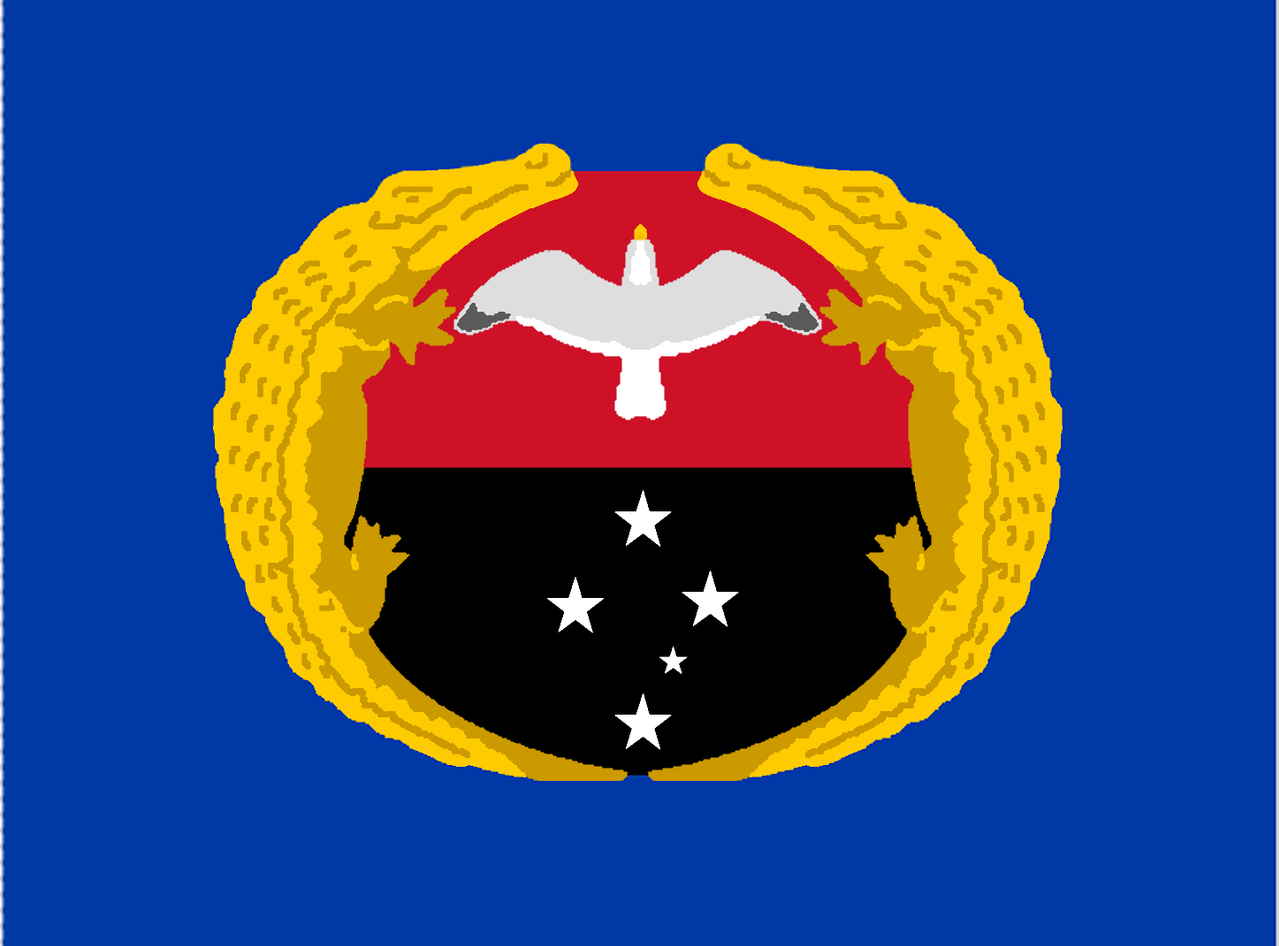Kerema is the capital district of Gulf Province in Papua New Guinea. Situated in the southern part of the province, it serves as the administrative, commercial, and educational center. The town’s coastal location facilitates trade and transportation, with a port facility and road connections to other areas of the province. Kerema is known for its government offices, including the provincial government headquarters, which play a crucial role in governance and public services. Additionally, the town serves as a commercial hub, with markets and businesses supporting various sectors such as retail, agriculture, and fisheries. Kerema also provides educational institutions that offer formal education at different levels, contributing to the intellectual development of the district.
While Kerema generally exhibits a higher level of development compared to other parts of Gulf Province, efforts to address infrastructure gaps and improve service access may still be ongoing. Nonetheless, its status as the provincial capital underscores its significance in terms of governance, commerce, and education, contributing to the overall development of Gulf Province.
District Summary
Kerema is the capital district of Gulf Province in Papua New Guinea. It serves as the administrative, commercial, and educational center of the province. With its coastal location, it facilitates trade and transportation. Kerema is known for its government offices, commercial activities, and educational institutions. While efforts to address infrastructure gaps continue, its status as the provincial capital highlights its importance in governance, commerce, and education for Gulf Province.
Kikori District is a rural and remote area within Gulf Province, Papua New Guinea. It is characterized by its picturesque landscapes, including dense forests, rivers, and swamps. The primary economic activities in the district revolve around subsistence agriculture, fishing, and small-scale enterprises. However, Kikori District faces challenges in terms of infrastructure and access to basic services, particularly transportation, education, and healthcare.
The district’s remote location limits road connectivity, making transportation difficult and hindering trade and economic development. Limited access to schools and healthcare facilities further adds to the development gaps. Despite these challenges, Kikori District possesses a unique cultural heritage and natural beauty that has the potential to attract tourism.
To address these gaps, focused efforts are needed to improve infrastructure, enhance access to services, and promote economic opportunities. Investments in transportation, education, healthcare, and sustainable tourism initiatives can contribute to the district’s development, improving the well-being of its residents while preserving the natural environment and cultural heritage of the area.
District Summary
Kikori District is a rural and remote area in Gulf Province, Papua New Guinea, known for its natural beauty and subsistence-based economy. However, the district faces challenges in terms of limited infrastructure, including transportation, education, and healthcare. Efforts to improve these areas and promote sustainable tourism can contribute to the district’s development and the well-being of its residents.
